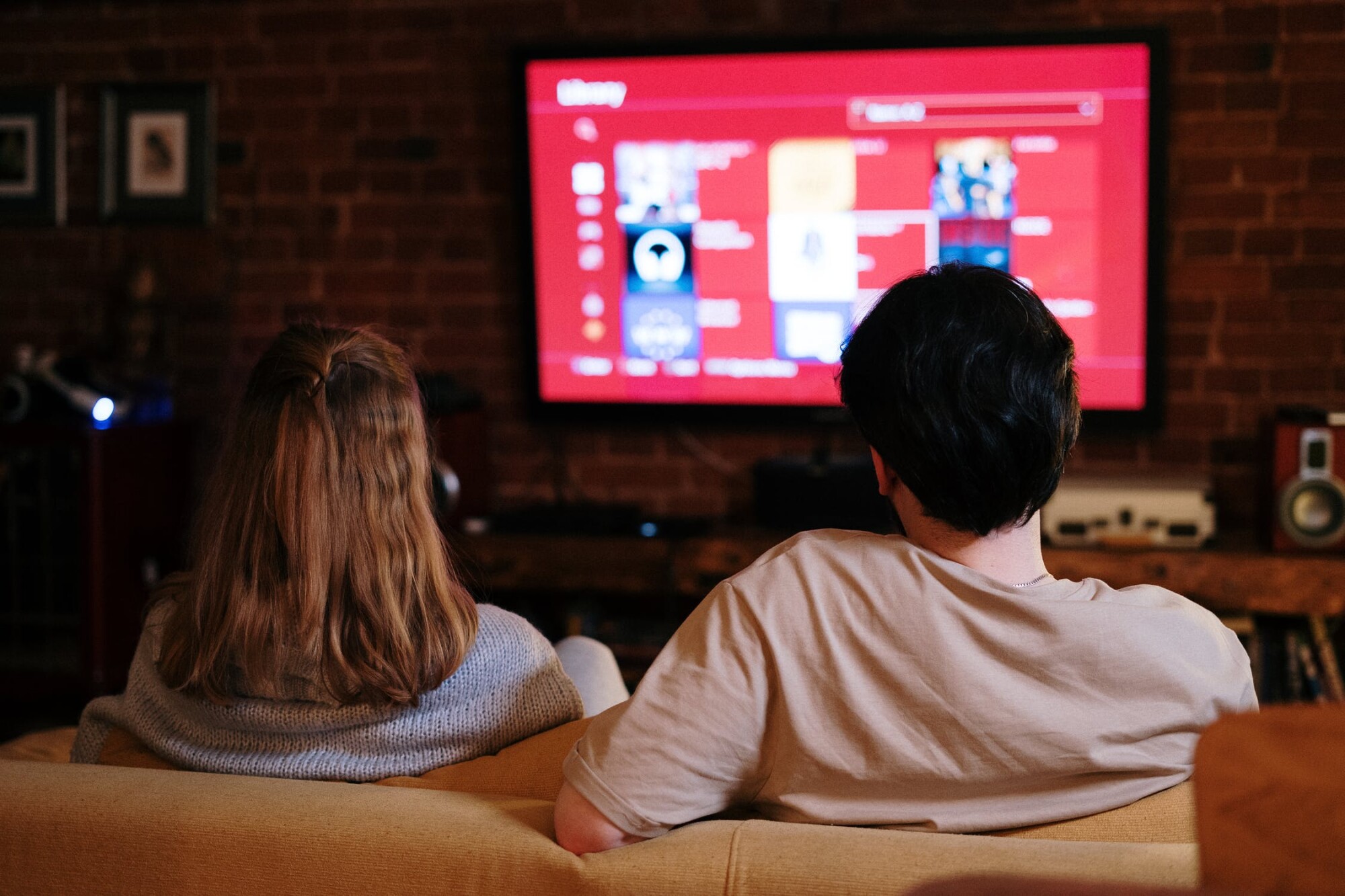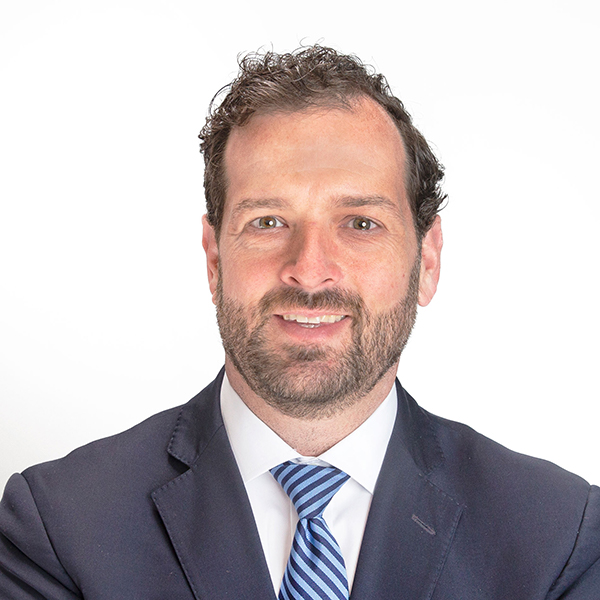Contact Us
Archives
Categories
- FTC
- AI
- Freedom of Speech
- Social Media Policies
- U.S. Supreme Court
- Social Media
- Copyright License
- Collegiate Athletics
- e-commerce
- Online Privacy
- Streaming
- Contract
- Name, Image, and Likeness
- Publicity Rights
- Trade Secrets
- Audit
- Trademark
- Closely Held Businesses
- Copyright
- Employment Law
- Independent Contractors
- Intellectual Property
- Work for Hire
Two New Intellectual Property Laws Now in Effect – at Least in Theory
Two intellectual property (“IP”) pieces of legislation were tucked into Congress’ 2020 federal omnibus spending bill, the “Consolidated Appropriations Act of 2021,” and since it is now 2022, we thought it would be a good time to check in on those laws. The Copyright Alternative in Small Claims Enforcement Act (“the CASE Act”) was passed to create a small claims alternative for copyright disputes, and the Protecting Lawful Streaming Act (“the PLSA”) was a new law that purportedly closed a loophole that has long frustrated copyright owners and law enforcement seeking to enforce piracy laws against illegal streamers of digital content.
THE CASE ACT
Under the law, the CASE Act was supposed to go into effect on or before December 27, 2021. That is, the Copyright Office was directed to establish a Copyright Claims Board (“CCB”), composed of three IP legal experts who would hear certain copyright claims. As of the date of this post, the CCB has not been established, meaning the Copyright Office is relying on the law’s six-month grace period. The purpose of the CCB is to offer a more streamlined and affordable alternative to federal litigation—previously the only option for copyright disputes. Unlike the federal court system, which permits awards of up to $150,000 per infringed work for willful infringement, copyright claims brought before the CCB are capped at $15,000 per work and $30,000 per case.
Once the Copyright Office establishes the CCB, it will be available to both copyright owners and individuals or companies seeking declarations of noninfringement or otherwise challenging a copyright infringement claim. Participation in the CCB process is voluntary by both plaintiffs and defendants, so defendants can opt out of the proceeding. This enables defendants to take advantage of traditional litigation rules that the courts offer, but that decision to opt out comes at some risk. Those defendants forfeit the statutory cap of $30,000 and subject themselves to the higher damages available in federal courts.
THE PROTECTING LAWFUL STREAMING ACT
 Although the PLSA went into effect upon its passing and didn’t require any legwork like the CASE Act did, not much occurred in 2021 related to that provision, either. Although cases may have been filed that cited the PLSA, no significant decisions or rulings related to the law were issued in 2021. The PLSA expands the availability of felony penalties against illegal content streamers. Previously, felony charges were only available for illegal downloading and distribution. Under the new law, “illicit digital transmission services” are also subject to increased penalties.
Although the PLSA went into effect upon its passing and didn’t require any legwork like the CASE Act did, not much occurred in 2021 related to that provision, either. Although cases may have been filed that cited the PLSA, no significant decisions or rulings related to the law were issued in 2021. The PLSA expands the availability of felony penalties against illegal content streamers. Previously, felony charges were only available for illegal downloading and distribution. Under the new law, “illicit digital transmission services” are also subject to increased penalties.
A digital transmission service is defined as “a service that has the primary purpose of publicly performing works by digital transmission.” Those charged with doing so illegally are subject to a three-prong test: their actions must have been willful; the actions were done for the purpose of commercial advantage or financial gain; and they must have offered or provided a digital transmission service to the public. If all three of these criteria are met, the question turns to the nature of the defendant’s service and whether the material offered was subject to copyright protection. Specifically, the digital transmission service must meet one of the following criteria:
- It is primarily designed or provided for the purpose of publicly performing copyright-protected works by means of digital transmission without permission of the copyright owner or authority under the law,
- It has no commercially-significant purpose or use other than to publicly perform copyright-protected works by means of digital transmission without permission of the copyright owner or authority under the law, or
- It is intentionally marketed by or at the direction of the defendant to promote its use in publicly performing copyright-protected works by means of digital transmission without permission of the copyright owner or authority under the law.
The PLSA does not impact the activities of ordinary users, good faith business and licensing disputes, or internet service providers.
For questions about the CASE Act, PLSA, or other copyright issues, contact your McBrayer attorney.
 Bruce Paul is a Member of McBrayer law practicing in the firm's Louisville office. His law practice primarily focuses on intellectual property, copyright law, trademarks, commercial and business litigation, employment law, and infringement litigation. Mr. Paul can be reached at bpaul@mcbrayerfirm.com or (502) 783-6245.
Bruce Paul is a Member of McBrayer law practicing in the firm's Louisville office. His law practice primarily focuses on intellectual property, copyright law, trademarks, commercial and business litigation, employment law, and infringement litigation. Mr. Paul can be reached at bpaul@mcbrayerfirm.com or (502) 783-6245.
Services may be performed by others. This article does not constitute legal advice.

